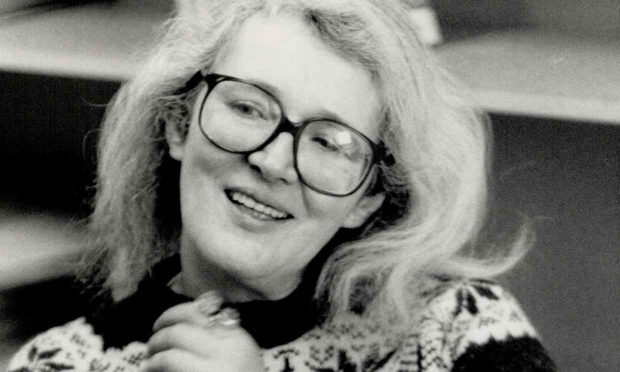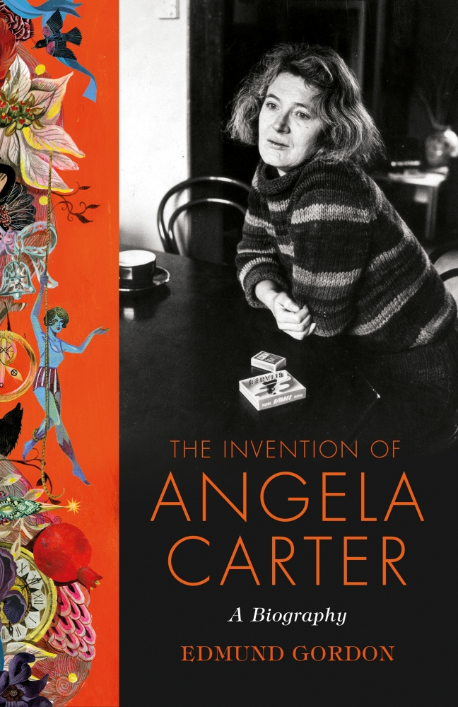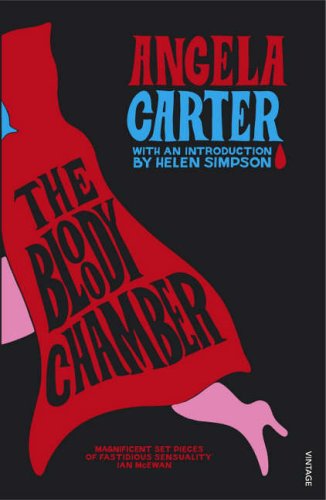The otherworldly figure conjured after her death in 1992 doesn’t do Angela Carter justice. Her biographer Edmund Gordon attempts a more accurate portrayal of a complex, sensual and highly intellectual woman
(Edmund Gordon, The Guardian, October 2016)

When Angela Carter died – aged just 51, on 16 February 1992 – her reputation changed from cultish to canonical. Her obituaries in the British press received more space than any others that year except Francis Bacon, Willy Brandt and Marlene Dietrich. Their tone was rhapsodic. “Angela Carter … was one of the most important writers at work in the English language.” “She interpreted the times for us with unrivalled penetration.” “Her imagination was one of the most dazzling of this century.” Three days after she died, Virago, the publishing house with which her name was most closely associated, sold out of her books. Over the course of the next academic year, the British Academy received 40 proposals for doctoral research into her work – compared with three on the literature of the entire 18th century.
Her friends and long-term admirers regarded this torrent of posthumous acclaim with a touch of exasperation. For more than 25 years Carter had been producing novels, short stories, drama and journalism that stood defiantly apart from the work of her contemporaries. At a time when English literature was dominated by sober social realists, she played with disreputable genres – gothic horror, science fiction, fairytale – and gave free rein to the fantastic and the surreal. Her work is funny, sexy, frightening and brutal, and is always shaped by a keen, subversive intelligence and a style of luxuriant beauty. She was concerned with unpicking the mythic roles and structures that underwrite our existences – in particular the various myths of gender identity – and by the end of her life she was starting to acquire a devoted following. But only once her voice had been silenced was she accorded the status of a great novelist and feminist icon.
As Carter’s first biographer, a large part of my task has been trying to look beyond some of the certainties that have settled around her since her death – to see her once again as mutable, vulnerable, unfinished. “I’m in the demythologising business,” she once wrote, and as I worked on my book, my purpose increasingly became to demythologise her: to recapture the fluidity of her identity and the unpredictability of her mind, and in doing so, to tell a story about how she came to write some of the liveliest and most original books of the last hundred years. (read the full article at the Guardian)


 Widely acknowledged as one of the most important English writers of the last century, Angela Carter’s work stands out for its bawdiness and linguistic zest, its hospitality to the fantastical and the absurd, and its extraordinary inventiveness and range.
Widely acknowledged as one of the most important English writers of the last century, Angela Carter’s work stands out for its bawdiness and linguistic zest, its hospitality to the fantastical and the absurd, and its extraordinary inventiveness and range. Stumbling across a well-thumbed copy of Angela Carter’s 1991 novel,
Stumbling across a well-thumbed copy of Angela Carter’s 1991 novel,